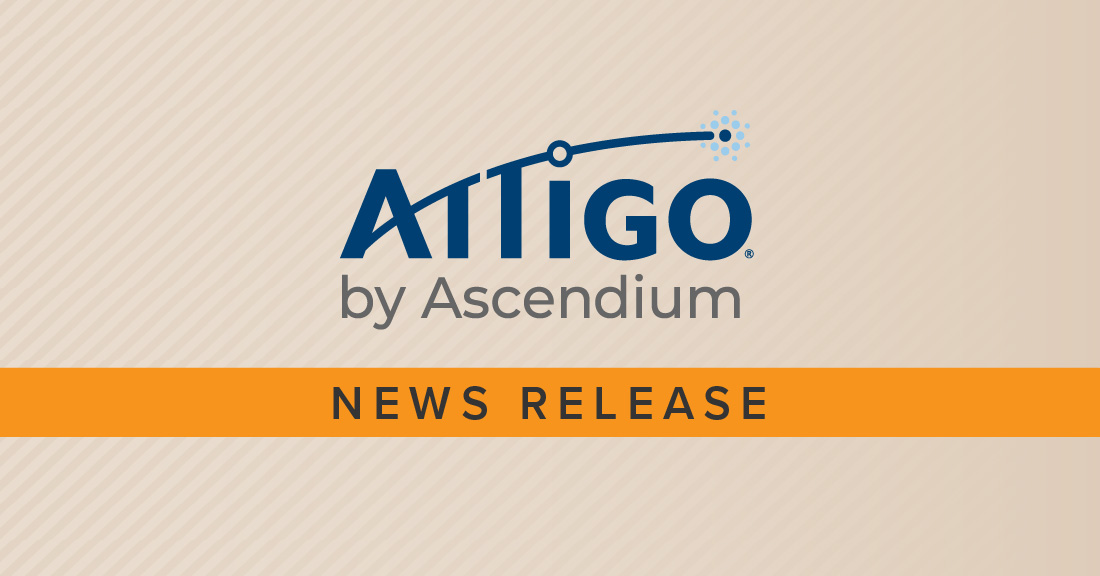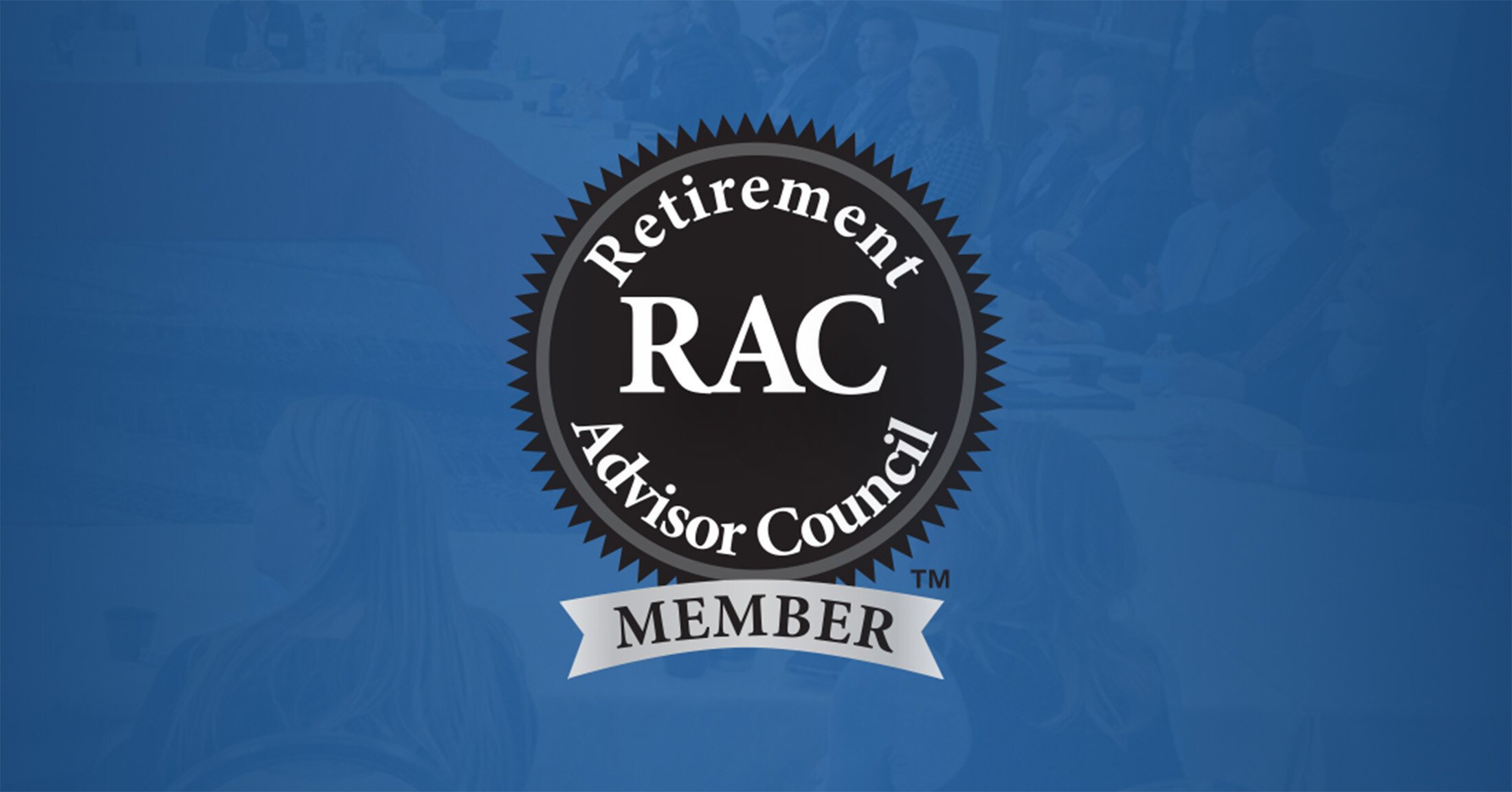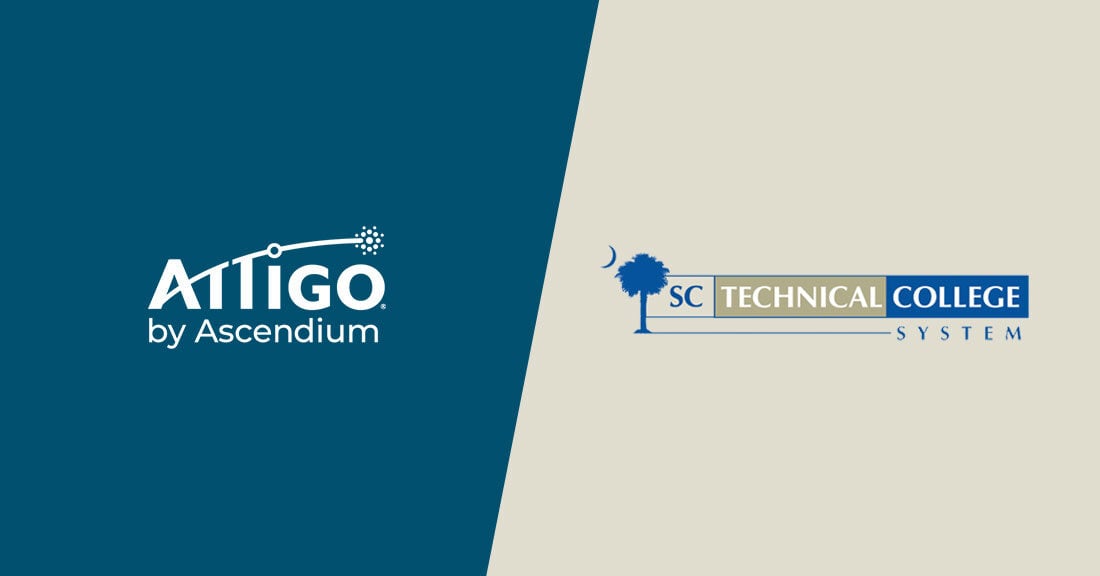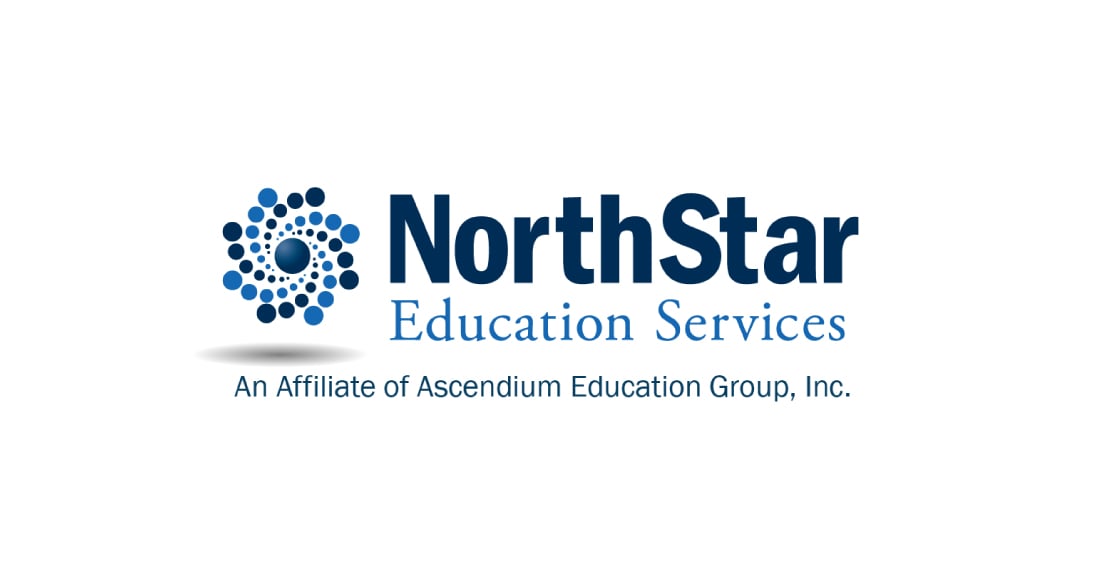Only 21% of Student Loan Borrowers are Prepared to Reenter Repayment Once the CARES Act Ends

Borrower concerns and opportunities for support revealed in recent sentiment survey
Madison, WI—In early 2020 through the CARES Act, student loan repayment on Department of Education-held loans was suspended through the end of the year in response to the growing public health threat posed by the COVID-19 pandemic. The Department of Education recently announced a one-month extension through January, 2021. A recent survey by Ascendium Education Solutions® to gauge student loan borrower sentiment revealed great concern about their ability to begin repayment once the CARES Act suspension ends. The survey also revealed cost-effective opportunities for schools and new sources (e.g., employers, financial institutions) to provide student loan assistance to Americans holding student loan debt.
One of the most troubling things we learned from our survey (with nearly 10,000 respondents from two-year, four-year and graduate-degree-granting institutions) is that only 21% of respondents believe they will be prepared to reenter active repayment when required to do so. This underscores the challenges that many Americans believe the country will face coming into the winter months as coronavirus infections continue to rise nationally. Approximately 65% of respondents report their student loan debt is having a somewhat significant or significant impact on financial decision-making.
Most respondents (70%) note they are satisfied with the information they receive from their student loan servicer. However, half of respondents do not know what their monthly payment will be when payments resume, and nearly two-thirds don’t know how to change their repayment plan if an alternative one would better meet their needs.
It’s clear student loan borrowers would greatly benefit from additional support. Over one in three respondents have been contacted by an organization offering borrower paid fee-based help to manage their student loans, some with the promise of loan savings and/or forgiveness. We believe student loan borrowers don’t need to pay for world-class student loan servicing.
Our study showed that 79% of borrowers say they would utilize a trustworthy and established student loan counseling service if one was offered by their school, bank or employer. Outstanding student loan debt is a difficult national problem and it will require a solution across many stakeholders, including support from schools, employers and financial institutions, to help people not only with loans but with general financial literacy.
Postsecondary institutions, government agencies, financial institutions, and employers must find creative, cost-effective ways to support Americans with student loan debt. They need help navigating the repayment complexities, and it is important they have trustworthy, credible resources to assist them.
All too often, default aversion efforts are only provided to borrowers after they have fallen behind on their student loans. Given our 50+ year history in this area, we recognize the importance of postsecondary institutions and employers to partner with qualified, nonprofit entities like Ascendium to ensure borrowers have access to qualified counselors throughout their repayment experience to prevent them from falling delinquent in the first place.
Our survey data reinforces the value of this approach, which has helped us prevent nearly $12 billion in student loan debt from defaulting in the last fiscal year alone. Ascendium provides the Attigo® suite of student loan counseling, debt repayment support and financial wellness solutions to help change the trajectory of peoples’ lives. This type of offering — similar to an Employee Assistance Program (EAP) — offers critically-needed support to those who both need and want the help.
Please visit attigo.com for the full report and survey results.



